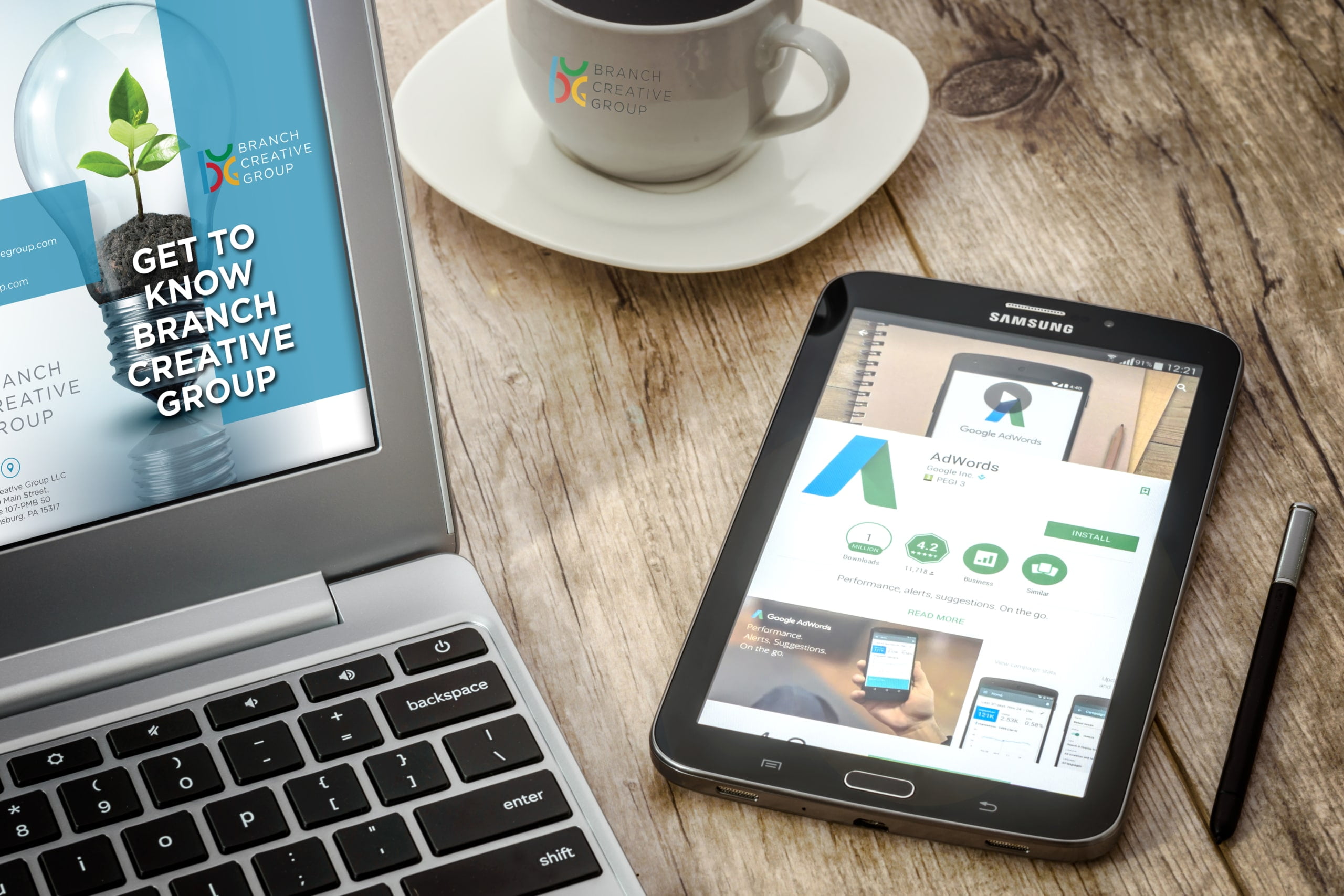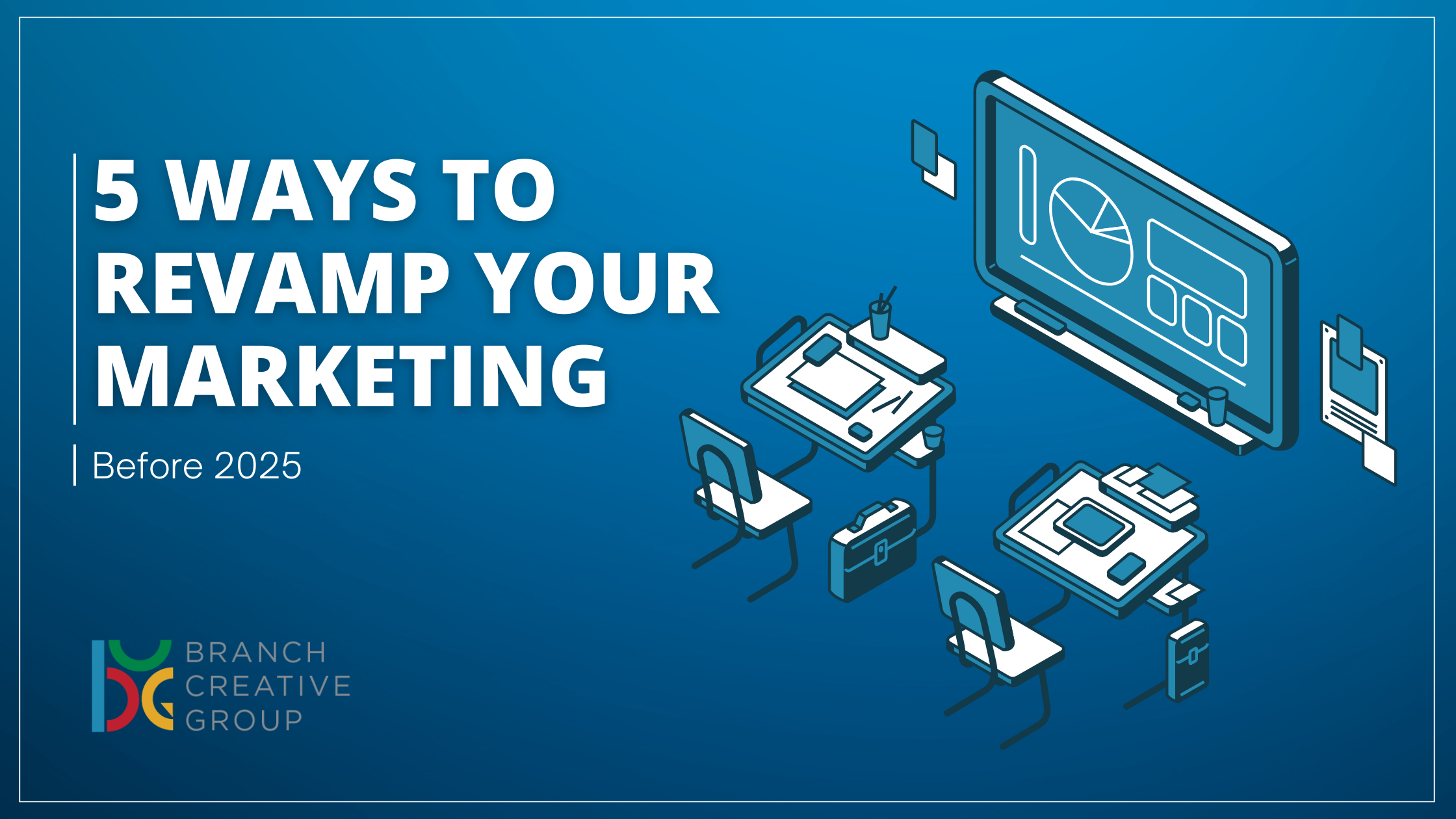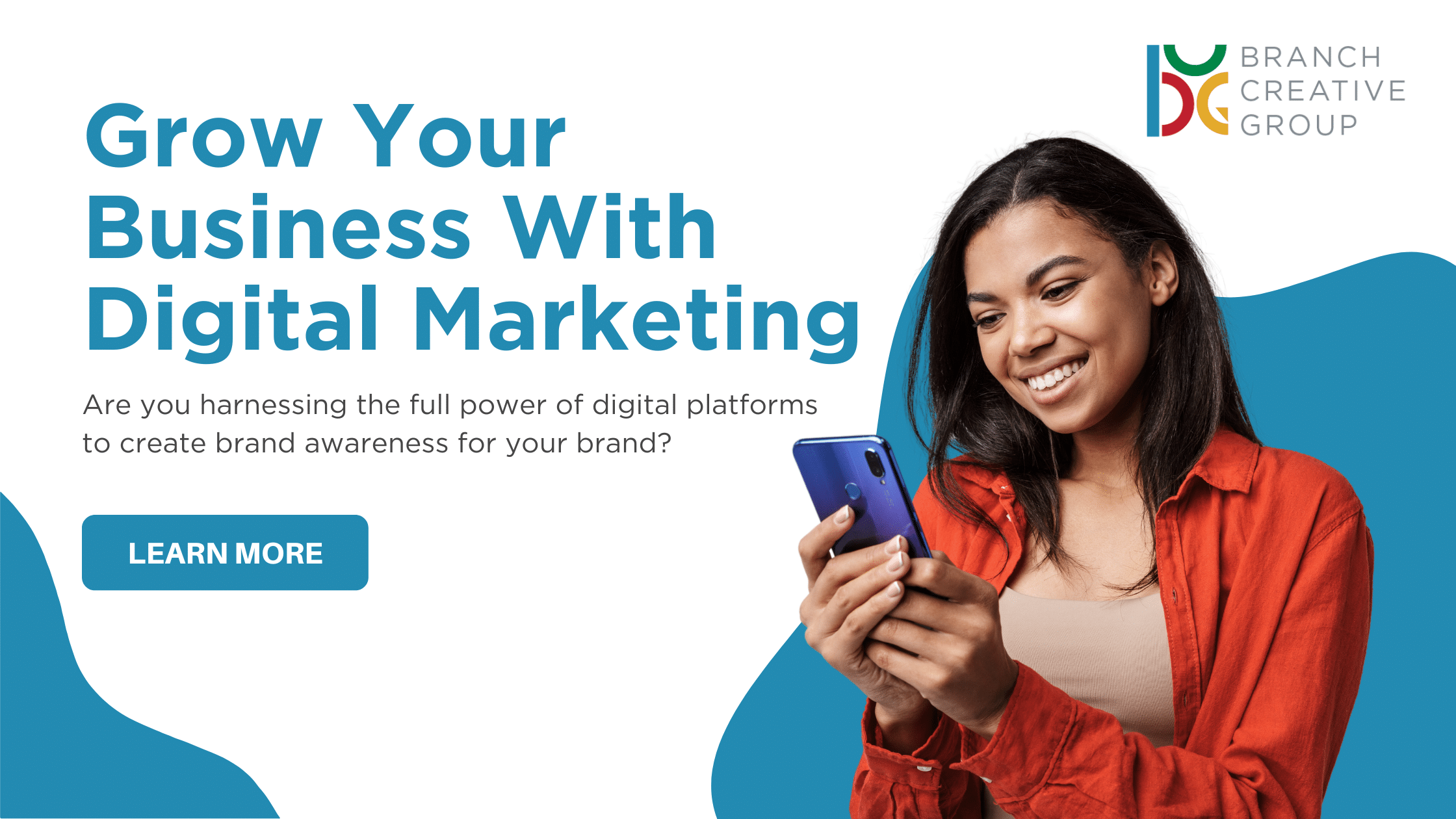Organic Search vs. Paid Search — The Pros and Cons
Businesses establishing their web presence often struggle with whether they should go the organic or paid search route to direct traffic to their site. But what exactly are they?
Organic search traffic comes from people finding a company’s website among search engine results. In contrast, paid search traffic comes from visitors clicking on an ad that appears above the search engine results.
To determine which search method is right for growing your business, consider their pros and cons.
Long-term business development
About 81% of all web searches are done through Google, and Google is very finicky with how it indexes page rankings. If someone finds your business on the first page of Google search results, in which the top 10 results appear, that doesn’t happen by luck. It happens because your website’s administrators optimize its content by testing and retesting keywords to advance in Google’s rankings.
In fact, 92% of all traffic gets directed to results appearing on the first page of a Google. If your optimized site or one of its pages comes up as the very first listing, it can garner 33% of clicks from all results and drive a tremendous amount of traffic your way.
What are the possible downsides?
First, it takes between three to six months to see significant movement in Google’s jungle rankings. This requires a lot of patience and persistence from managers and the web team. A company committed to long-term business development needs to align itself to the organic search mindset in order to truly be results-driven.
Second, organic searches demand a strong infrastructure and team to support it. That means money for equipment, software, personnel, and training. But with the right support in place, organic search is cost-effective over the long run.
Immediate results
But what if your business is new, or if it’s waaaay down in Google rankings and sales needs a strong shot in the arm? Go the paid search route. By placing your ad at the top of search results, your business can also be top of mind to customers.
Additionally, paid searches can complement your social media and HubSpot ad campaigns. And if you want to optimize specific pages for higher conversions through organic searches, paid searches can accelerate that process, too.
The major drawback to paid search is the expense, of course. Small businesses can expect to pay around $1,000 per month on Google Ads whereas larger companies could spend more than $30,000 per month.
So which search method is right for growing your business? Why not both!
Steve was a managing partner at a local agency for more than three years and brings 25+ years of direct client engagement and business development experience to our organization. His personal mission is to fully understand the ever-changing needs of each unique client.





